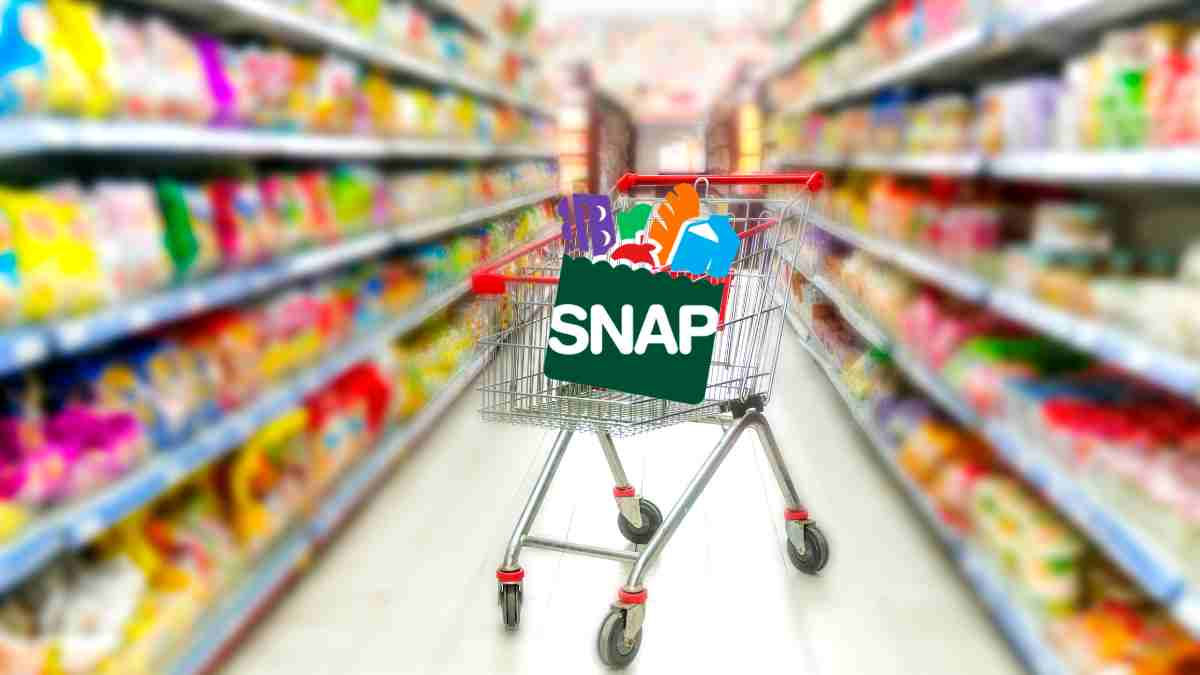The South Carolina Department of Social Services (DSS) recently announced that certain counties impacted by Hurricane Helene will be eligible for disaster-related SNAP assistance, known as DSNAP.
This program is designed to provide quick and efficient support to families who suffered losses due to the hurricane, offering electronic benefit transfer (EBT) cards that can be used to buy food at authorized SNAP retailers. DSS aims to provide this assistance specifically to households with non-reimbursable losses resulting from the storm.
What is DNSAP, the disaster-specific version of SNAP?
DSNAP, a variant of SNAP tailored for disaster situations, provides temporary support to those needing immediate food assistance following a natural disaster. Benefits are issued through reloadable debit cards, usable only for purchasing food at SNAP-approved stores. The program is designed to help relieve the economic strain on families dealing with damaged homes, lost income, or extra expenses directly tied to the disaster.
Phases of assistance and participating Counties
DSS has organized DSNAP rollout in two phases, allowing residents from designated counties to pre-register and complete a phone interview to assess their eligibility. The following counties are part of the first phase:
- Aiken
- Allendale
- Anderson
- Bamberg
- Barnwell
- Beaufort
- Cherokee
- Hampton
- Laurens
- McCormick
- Saluda
- Spartanburg
- Union
- York
These regions, among those hardest hit by Hurricane Helene, will enable their residents to access this assistance as long as they meet the set criteria.
Requirements to qualify for DSNAP assistance
To be eligible for DSNAP, households must have lived in the designated counties during Hurricane Helene and experienced disaster-related losses. Eligibility is generally determined by one or more of the following:
- Damage to or destruction of a primary residence
- Loss of income or limited income access due to hurricane-related issues
- Out-of-pocket expenses related to the disaster that are unlikely to be reimbursed during the benefit period
It’s important to note that food loss alone does not qualify a household for DSNAP. DSS emphasizes that additional, non-reimbursable losses are necessary to meet eligibility requirements.
Next Counties to receive assistance
Beyond the counties in the initial phase, DSS has confirmed that other areas within the Midlands region will receive DSNAP assistance in future phases. These counties include Fairfield, Kershaw, Lexington, Newberry, Orangeburg, and Richland. This phased approach is expected to bring much-needed assistance to a broader group of residents as the program continues to roll out.
How to apply for DSNAP assistance
The application process for DSNAP is straightforward. Eligible residents can pre-register and then participate in a telephone interview to verify their eligibility. This approach enables quick case evaluations, and if approved, families receive a DSNAP debit card loaded with the amount necessary for food purchases at SNAP-authorized stores.
A vital resource during times of crisis
The DSNAP program is a critical resource for South Carolina families who have lost their means of support or have faced unexpected expenses following Hurricane Helene. Through this SNAP food assistance, affected families can secure essential groceries without needing to allocate funds that may be needed for repairs or other recovery efforts at home.
This initiative shows the dedication of SNAP and DSS to supporting South Carolina communities in navigating the challenges left by natural disasters, offering essential assistance that promotes stability and food security for impacted households.




